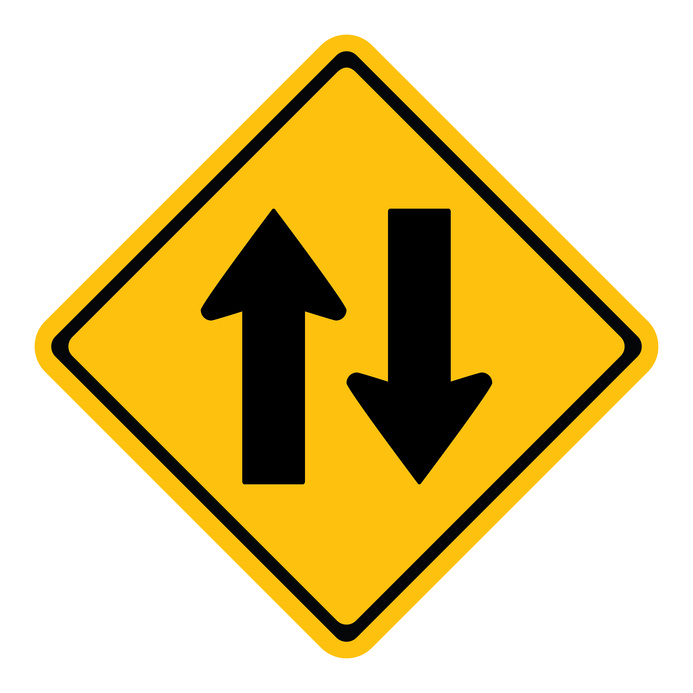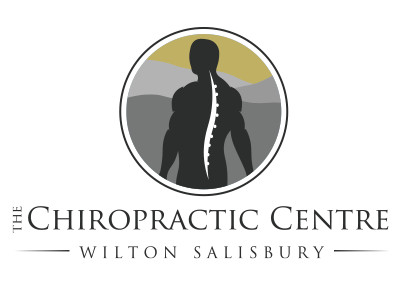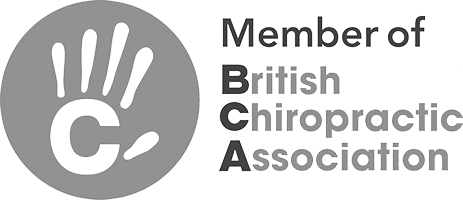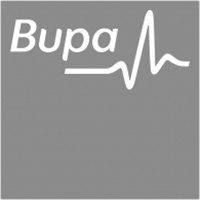Is the Chiropractic Profession where it needs to be?
Chiropractic as a profession has been around for over 100 years and yet, despite many years passing after its inception, chiropractic has largely failed to define itself in a way that is scientifically coherent and understandable to both the public and the medical profession. This failure has largely prevented the profession from establishing its cultural authority over any specific domain of healthcare.
This ability to define itself in a clear and consistent manner is a vitally important challenge that the chiropractic profession faces in both the short & longer term. As healthcare systems develop worldwide, the intolerances to uncertainty and ambiguity become more prevalent – the market place of healthcare will simply be unable to accept a profession that has an identity crisis, and the public will continue to be underserved by the chiropractic profession.
An Identity Crisis?
Historically, chiropractic and chiropractors as a profession have embraced a broad and diverse spectrum of beliefs. At one end of this spectrum, you have the initial ideology that deranged spinal bones affects the flow of ‘life force’ (innate) to the cells, leading to a body in a diseased state. The other end of the spectrum we have chiropractors that focus on spinal problems and mould their practice processes and treatment protocols on the latest scientific evidence.
Unfortunately, this variation has hindered the profession from establishing cultural authority – the authority society grants in recognition of a professional group’s competency and legitimacy with respect to the domain over which it professes dominance.
A Solution?
So what needs to be done in order for chiropractic to become valued and accepted in a mainstream healthcare model? Perhaps a beginning of a solution to this problem is for the profession of chiropractic and chiropractors to clearly agree on and define a model for its profession. In an article in 2005 by Craig Nelson et al, it was suggested that chiropractic as a profession should pronounce itself as a neuro-muscular specialist, with the emphasis on the spine.
Chiropractic, it was suggested, should also be a portal of entry (PoE) provider and be fully integrated into the healthcare system rather than an ‘alternative’ competing system. The chiropractic profession must also be willing to contribute to evidence-based healthcare.
My belief is that once these elements have been incorporated, it will allow the chiropractic profession to market itself in a moderate fashion with clarity. The profession will give itself a message that is completely compatible with current social, economic, political, and scientific realities. Perhaps in time with a focused attempt to define itself, Chiropractic will get its cultural authority and get where it needs to be – in the mainstream of healthcare throughout the world.
Craig F Nelson, Dana Lawrence, John Triano, Gert Bronfort, Stephen M Perle, R Douglas Metz, Kurt Hegetschweiler and Thomas LaBrot. Chiropractic as spine care: a model for the profession. Chiropractic & Osteopathy 2005 13:9 doi:10.1186/1746-1340-13-9
Thanks also go to Dr Anthony Nicholson and Mr Matthew Long for their continued inspiration.

Chiropractors need to agree on a path that will define its role in modern day healthcare
Registered With:
Registered Provider With:
Book an appointment:
To book an appointment to see David Morley is simple. Just select your appointment type, pick a day that suits you and then choose a time. Enter your details and click 'Book Appointment' you will get an email confirmation of your appointment. For more details take a look at this page.









